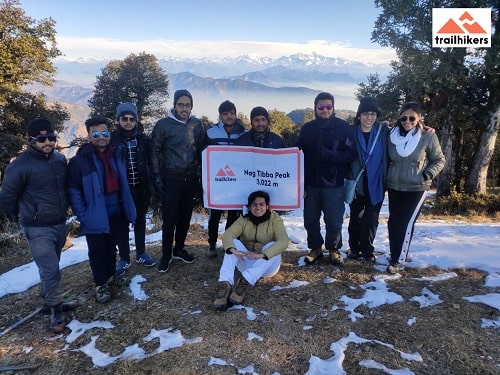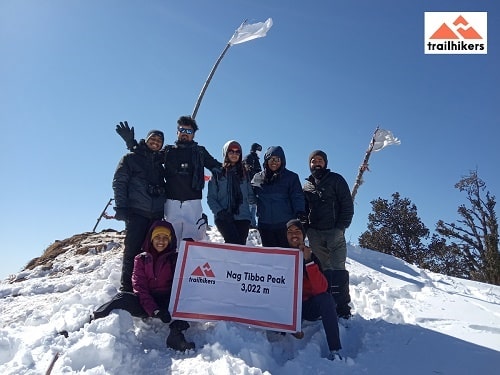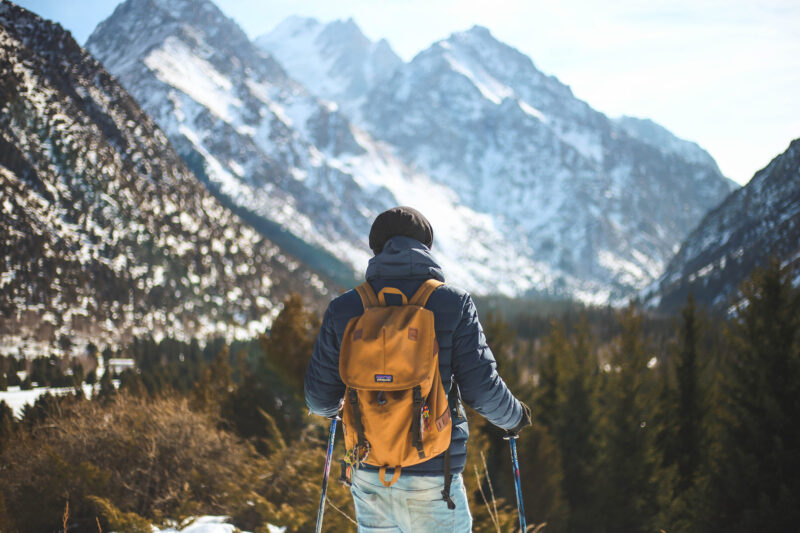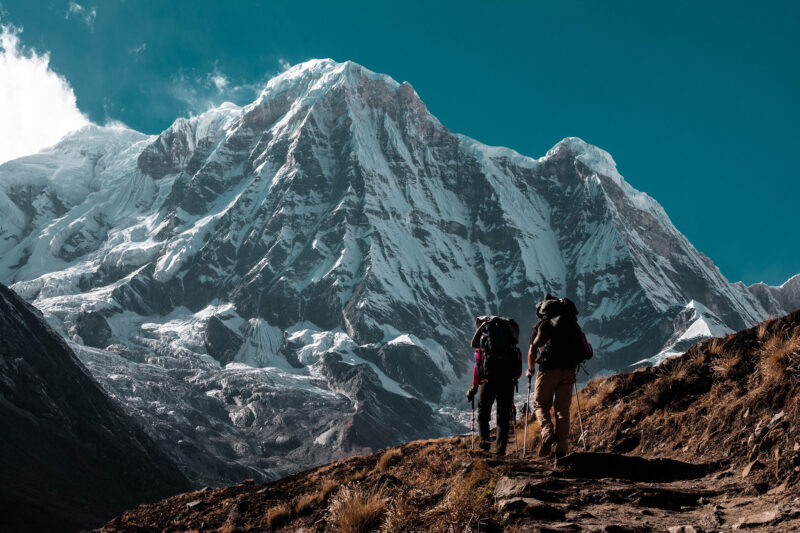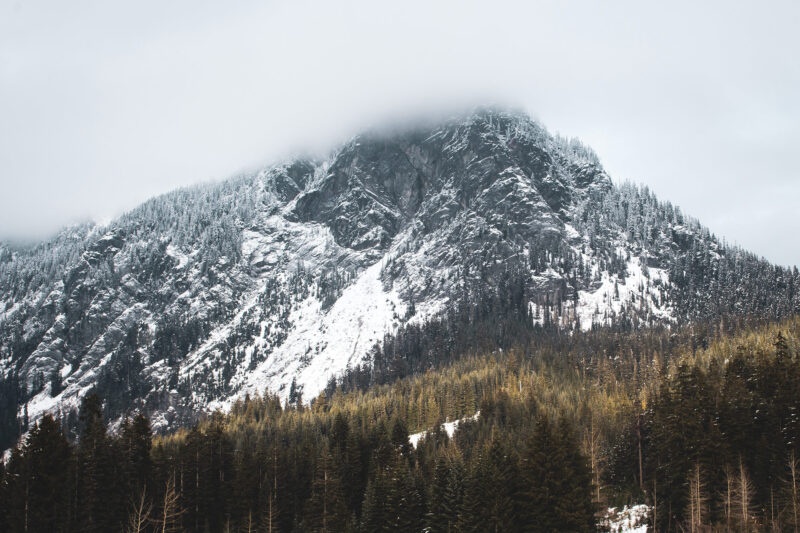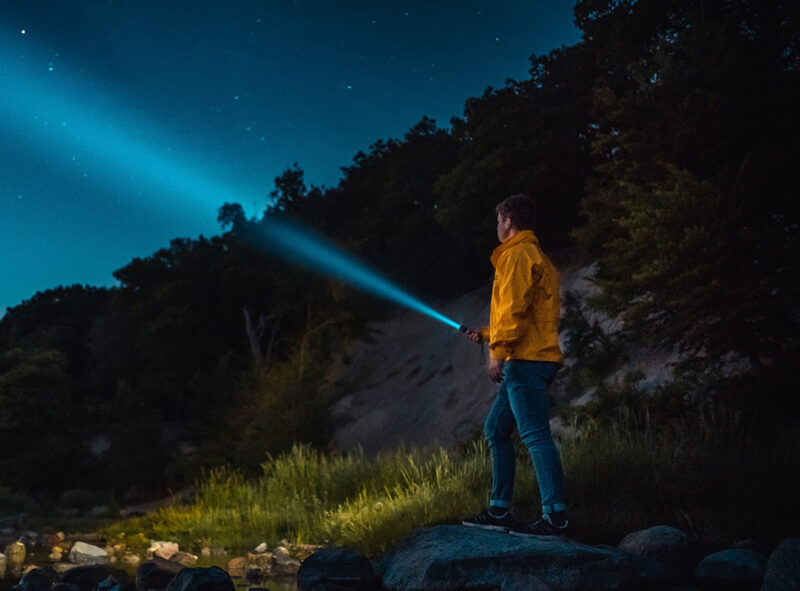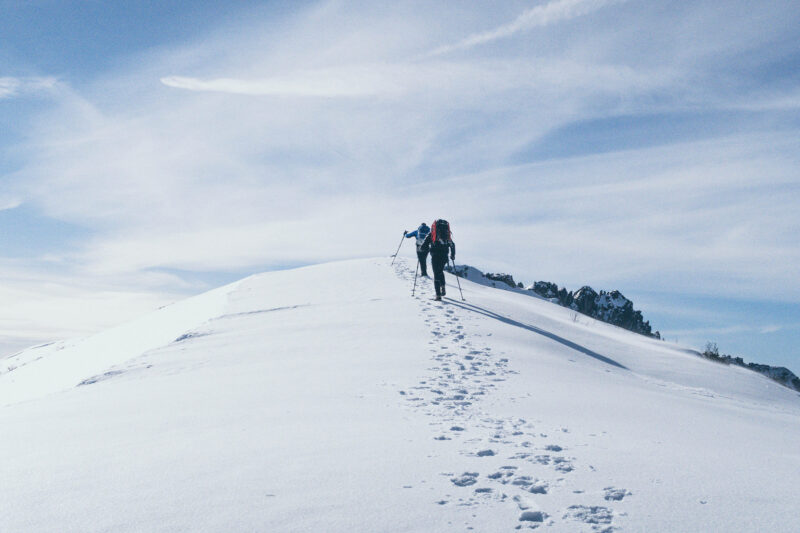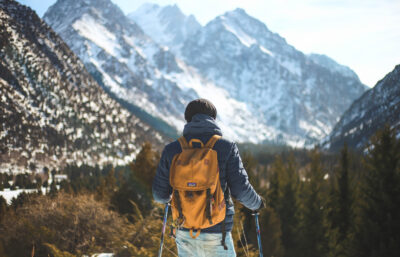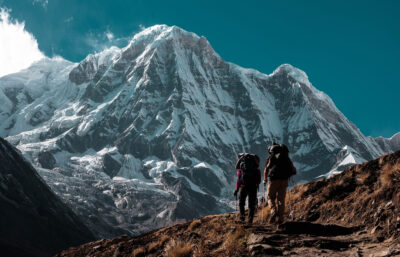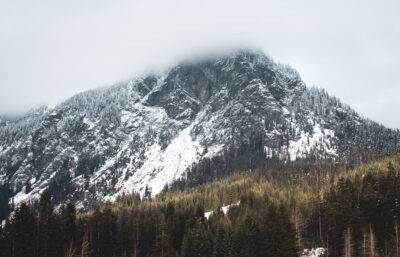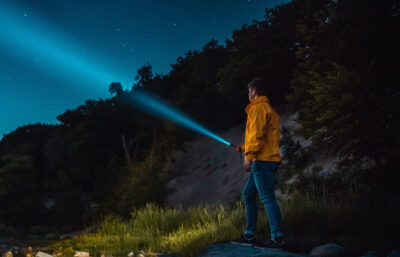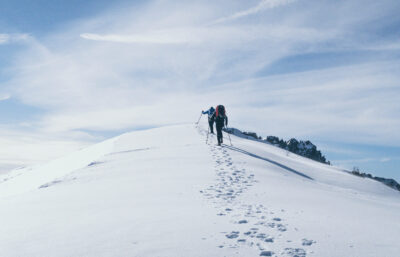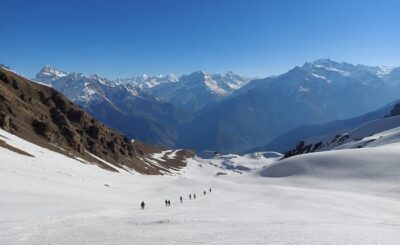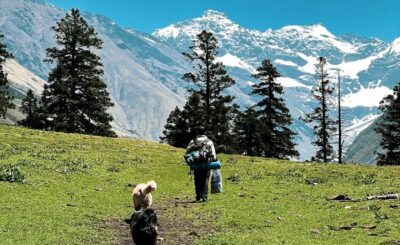+91-7895990850
[email protected]
- Home
- About Us
- Treks
- Day Trips – 2025
- Benog Tibba Trek
- Bhadraj Forest and Temple
- Pari Tibba Trek
- Chhaskhet Nature Walk
- George Everest Nature Walk
- Mussoorie Walking Tour
- Mussoorie Heritage Walk – Landour Cantt
- Mussoorie Heritage Walk – Old Landour Bazaar
- Mussoorie Heritage Walk – Kulri & Camel`s Back
- Day Treks Near Mussoorie
- Day Trips from Mussoorie
- Jogini Waterfall Trek
- Shimla Day Hikes
- Weekend Treks
- Multi Day Treks
- Kedarkantha Trek
- Har Ki Dun Trek
- Valley Of Flowers Trek
- Bali Pass Trek
- Dodital Trek
- Ruinsara Tal Trek
- Sar Pass Trek
- Buran Ghati Trek
- Hampta Pass Trek
- Gulabi Kantha Trek
- Panwali Kantha Trek
- Roopkund Trek
- Gangotri Gaumukh Tapovan Trek
- Gaumukh Tapovan Nandanvan Trek
- Yamunotri Saptarishi Kund Trek
- Nanda Devi Sanctuary Trek
- Bir Billing Trek
- Beas Kund Trek
- Bhrigu Lake Trek
- Jalori Pass Trek
- Janjehli Shikari Devi Trek
- Manimahesh Lake Trek
- Sangla Valley Trek
- Triund Indrahar Pass Trek
- Rupi Bhabha Wildlife Sanctuary Trek
- Day Trips – 2025
- Packages
- Camps
- MTB
- Village Tours
- Blog
- Contact

